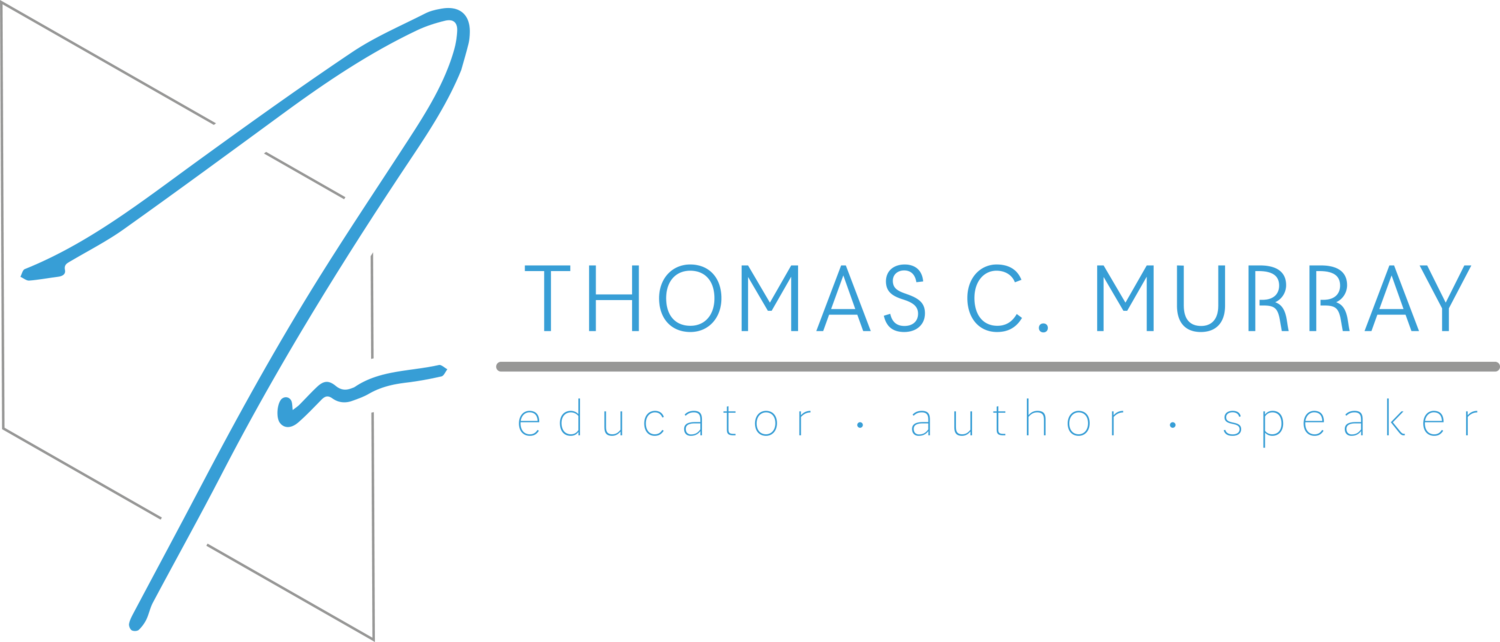The Connection Between Trust and Self-Care
“Trust takes years to build, seconds to break, and forever to repair.”
—Unknown
Whatever takes time and energy to build can also be shattered in a moment. Without it, little positive progress can be made. With it, unbreakable bonds can be secured. Learning cultures depend on it.
Trust, the foundation of all interactions, dictates the speed at which progress in our classrooms and schools can be made. Leadership works at the speed of trust. Collaboration works at the speed of trust. Transformation works at the speed of trust. School and classroom cultures where personal and authentic learning flourishes are built at the speed of trust.
What is it that you do to intentionally build trust in your classroom or school? This isn’t a one-time activity or something that gets checked off the list on the first day of school. How do you build trust consistently over time?
As educators, we process things with our minds but often make decisions with our hearts. We cannot forget that our students do the same. It is through trust that we can build relationships—the foundation of personal and authentic learning cultures. It’s no secret that students learn from people they love. This love comes from a sense of safety, security, and knowing one is cared for in the process. It is trust that stabilizes and solidifies these in our daily interactions.
Before trust can become an unwavering thread of classroom culture, educators must learn to trust themselves. Putting trust in ourselves comes from a sense of knowing that we are worth it. Putting such trust in ourselves comes from us being cognizant of our own needs—our self-care. Self-care allows us to refuel so we can continue the work we are so passionate about.
We can only maximize building trust with others when we take care of ourselves first. Doing “whatever it takes” for kids does not mean running yourself ragged in the process. Doing “whatever it takes” for kids means being able to put yourself in a position to advocate for those traditionally underserved, to bring passion to your content area, or have a quiet moment with a child in need, and be your best while doing so. We must take care of ourselves as educators to maximize our effectiveness during the most challenging moments. We spend time every day recharging our phones but often go months without recharging ourselves.
Everyone who has flown in an airplane has heard the standard pre-flight announcements (or at least have been present as they’ve occurred). During these announcements, the flight attendants will instruct passengers on what to do in an emergency situation. It goes something like this: “In case of a loss of cabin pressure, oxygen masks above your seat will deploy. Please place the mask on yourself first before helping others.” Many have used this as an analogy for self-care, and I understand the point being made: In order to assist others, we have to take care of ourselves first. However, I think it’s essential to rethink this common analogy and understand that this comparison actually points out a common issue, as well an opportunity for reflection.
The analogy illustrates what we as humans, and as educators, often do. We regularly give so much to others that we forget to take care of ourselves until, like the plane, we are in freefall and forced to put on the oxygen mask. Oftentimes, we don’t take care of ourselves until the doctor gives us the bad news or our spouse shares her heart or we discover the part of life we’ve been missing out on has started to fade away.
If we as educators wait for an extreme emergency to put on our oxygen masks, we’ve already lost a part of our effectiveness. We’ve all heard personal reflections after life-altering incidents, such as the loss of a loved one, and talks of how experiences force people to reprioritize, slow down, spend time with those they love, or focus on healing themselves.
As humans, we’ve all felt the highest of the highs, those moments where we feel invincible and on top of the world. We can also all relate to those moments where we struggle—those moments in which it seems impossible to go on, where fear or self-doubt has left us feeling paralyzed.
Educators are some of the most dedicated, hard-working, loving, and selfless people on the planet. Yet sometimes this type of servant’s heart comes with a fault and at the expense of those we love the most. Serving others does not mean giving until you have nothing left. When running on an empty heart, one’s effectiveness is diminished.
An empty heart leads to a lack of trust in oneself. You can’t pour water from an empty cup, and you can’t pour love from an empty heart. If we are going to invest in the lives of others, we must continually invest in ourselves.
Above is a portion of Personal & Authentic: Designing Learning Experiences that Impact a Lifetime. For a full compilation of free book study resources for Personal & Authentic (#AuthenticEDU), which includes study guide questions, videos, additional articles, and downloadables, visit the link below.


